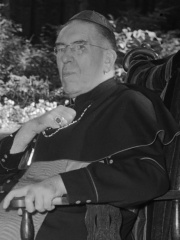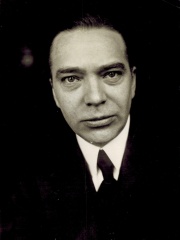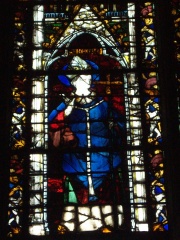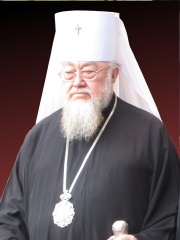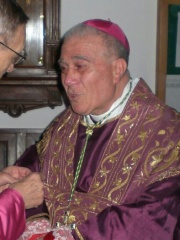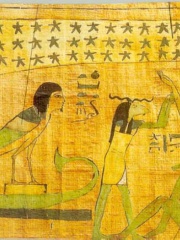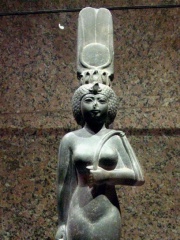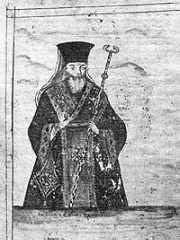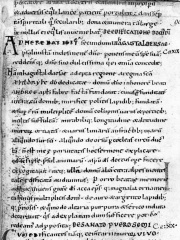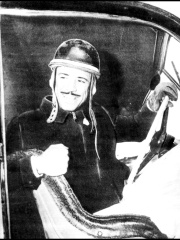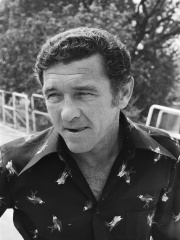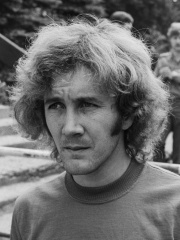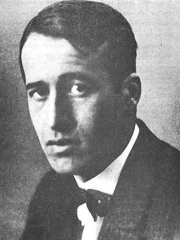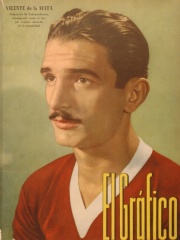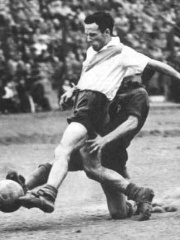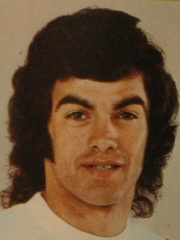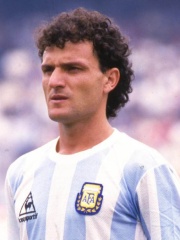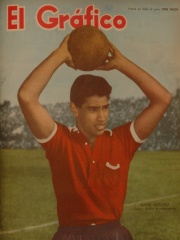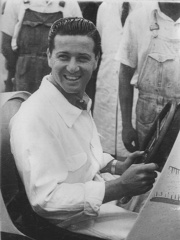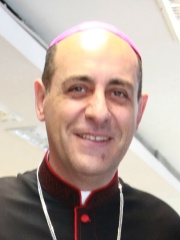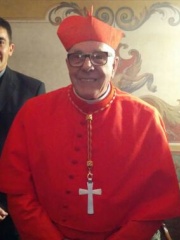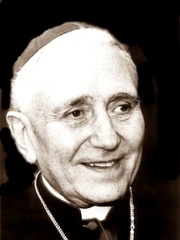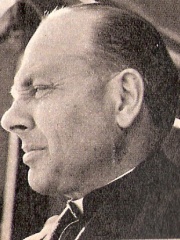RELIGIOUS FIGURE
Egypt at the 2020 Summer Olympics

 Egypt at the 2020 Summer Olympics
Egypt at the 2020 Summer Olympics
Egypt competed at the 2020 Summer Olympics in Tokyo. Originally scheduled to take place during the summer of 2020, the Games were postponed to 23 July to 8 August 2021, because of the COVID-19 pandemic. Since the nation's debut in 1912, Egyptian athletes have appeared in every edition of the Summer Olympic Games except 1932 and 1980, joining the United States-led boycott in the latter. Read more on Wikipedia
Their biography is available in 22 different languages on Wikipedia. Egypt at the 2020 Summer Olympics is the 2,743rd most popular religious figure (down from 2,525th in 2024), the 392nd most popular biography from Argentina (down from 382nd in 2019) and the 12th most popular Argentinean Religious Figure.
Memorability Metrics
Page views of Egypt at the 2020 Summer Olympics by language
Among RELIGIOUS FIGURES
Among religious figures, Egypt at the 2020 Summer Olympics ranks 2,743 out of 3,187. Before them are Johannes de Jong, Andreo Cseh, Remigius of Rouen, Sawa, Luigi De Magistris, and Abdullah ibn Hudhafah as-Sahmi. After them are Ma'mar ibn al-Muthanna, Djedkhonsuefankh, Pope Justus of Alexandria, Ankhnesneferibre, Sophronius of Vratsa, and Wilfrid.
Most Popular Religious Figures in Wikipedia
Go to all RankingsJohannes de Jong
1885 - 1955
HPI: 56.40
Rank: 2,737
Andreo Cseh
1895 - 1979
HPI: 56.39
Rank: 2,738
Remigius of Rouen
HPI: 56.33
Rank: 2,739
Sawa
1938 - Present
HPI: 56.33
Rank: 2,740
Luigi De Magistris
1926 - 2022
HPI: 56.33
Rank: 2,741
Abdullah ibn Hudhafah as-Sahmi
HPI: 56.33
Rank: 2,742
Egypt at the 2020 Summer Olympics
HPI: 56.32
Rank: 2,743
Ma'mar ibn al-Muthanna
728 - 825
HPI: 56.30
Rank: 2,744
Djedkhonsuefankh
1100 BC - 1045 BC
HPI: 56.25
Rank: 2,745
Pope Justus of Alexandria
100 - 131
HPI: 56.24
Rank: 2,746
Ankhnesneferibre
600 BC - 525 BC
HPI: 56.23
Rank: 2,747
Sophronius of Vratsa
1739 - 1813
HPI: 56.20
Rank: 2,748
Wilfrid
634 - 709
HPI: 56.19
Rank: 2,749
In Argentina
Among people born in Argentina, Egypt at the 2020 Summer Olympics ranks 392 out of 1,154. Before them are Oscar Alfredo Gálvez (1913), Vladislao Cap (1934), Carlos Babington (1949), Ricardo Güiraldes (1886), Erik Lamela (1992), and Giovanni Simeone (1995). After them are Vicente de la Mata (1918), Félix Loustau (1922), Ángel Bargas (1946), José Luis Cuciuffo (1961), David Acevedo (1937), and Clemar Bucci (1920).
Others born in Argentina
Go to all RankingsOscar Alfredo Gálvez
RACING DRIVER
1913 - 1989
HPI: 56.42
Rank: 386
Vladislao Cap
SOCCER PLAYER
1934 - 1982
HPI: 56.39
Rank: 387
Carlos Babington
SOCCER PLAYER
1949 - Present
HPI: 56.39
Rank: 388
Ricardo Güiraldes
WRITER
1886 - 1927
HPI: 56.38
Rank: 389
Erik Lamela
SOCCER PLAYER
1992 - Present
HPI: 56.35
Rank: 390
Giovanni Simeone
SOCCER PLAYER
1995 - Present
HPI: 56.34
Rank: 391
Egypt at the 2020 Summer Olympics
RELIGIOUS FIGURE
HPI: 56.32
Rank: 392
Vicente de la Mata
COACH
1918 - 1980
HPI: 56.31
Rank: 393
Félix Loustau
SOCCER PLAYER
1922 - 2003
HPI: 56.30
Rank: 394
Ángel Bargas
SOCCER PLAYER
1946 - Present
HPI: 56.30
Rank: 395
José Luis Cuciuffo
SOCCER PLAYER
1961 - 2004
HPI: 56.28
Rank: 396
David Acevedo
SOCCER PLAYER
1937 - Present
HPI: 56.28
Rank: 397
Clemar Bucci
RACING DRIVER
1920 - 2011
HPI: 56.27
Rank: 398
Among RELIGIOUS FIGURES In Argentina
Among religious figures born in Argentina, Egypt at the 2020 Summer Olympics ranks 12. Before them are Antonio Caggiano (1889), Víctor Manuel Fernández (1962), Luis Héctor Villalba (1934), Eduardo Francisco Pironio (1920), Raúl Francisco Primatesta (1919), and Jorge María Mejía (1923).
Antonio Caggiano
1889 - 1979
HPI: 61.98
Rank: 6
Víctor Manuel Fernández
1962 - Present
HPI: 61.82
Rank: 7
Luis Héctor Villalba
1934 - Present
HPI: 61.00
Rank: 8
Eduardo Francisco Pironio
1920 - 1998
HPI: 60.25
Rank: 9
Raúl Francisco Primatesta
1919 - 2006
HPI: 58.64
Rank: 10
Jorge María Mejía
1923 - 2014
HPI: 58.21
Rank: 11
Egypt at the 2020 Summer Olympics
HPI: 56.32
Rank: 12
